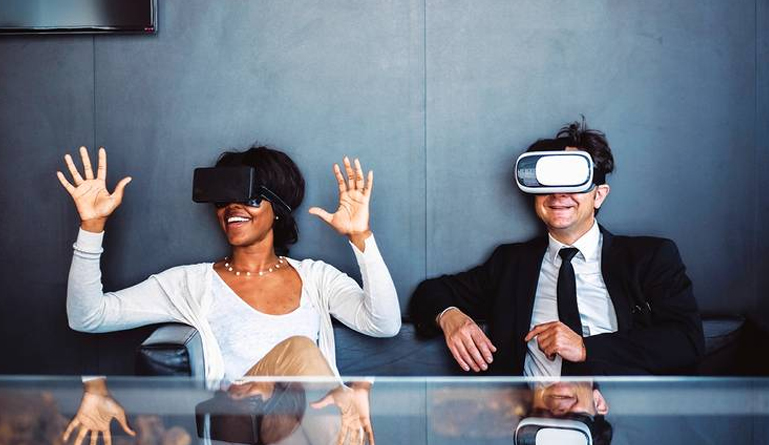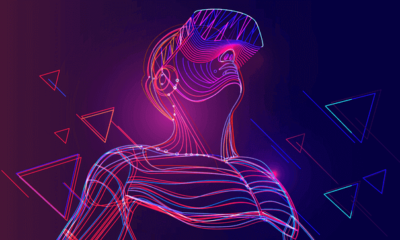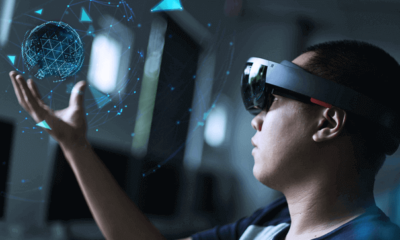
In the next 10 years, over a billion people around the globe will be using VR. Find out why.
Virtual reality (VR) is an online-based scenario which resembles real experiences. Most times, one can’t get such an experience in the physical world.
VR is a technology evolution that mainly affects the way humans live, play and work. Also, it affects a variety of industries including commerce, entertainment, education, and healthcare. Moreover, it influences the way people connect and communicate with one another globally through various forms.
VR Enables People to Learn New Skills
For instance, the U.S. military applies virtual reality human connection to train soldiers on how to use various applications. Hand-to-hand combat is an ideal element of particular fighting disciplines. It enables the soldiers to fight in real situations without getting hurt.
Also, the military can use it to train for diving, parachuting, and sharpshooting. VR humans in medical schools can also use the technology without having to dissect cadavers. Mechanics can also use it to understand the fundamentals of modern automobile brands. It enables them to virtually deconstruct the vehicles to see how the various parts are joined to one another.
What about learning new languages? Through VR, one can easily communicate with foreigners. Besides, it also helps people to understand sophisticated fields including astrophysics, electrical engineering, and rocket science. Virtual hands-on experience helps you to advance your skills more quickly than ordinary teaching techniques.
Improved Remote-Control Capabilities for Applications
How about using a VR headset to fly a drone? Or porting a plane with mechanical problems while using virtual reality? The virtual human connection enables astronauts to navigate unmanned space shuttles that are on risky missions.
For instance, the DJI Mavic uses VR control capabilities. It increases the opportunity to create various types of drones with different forms. Also, it enables users to control the machines remotely. Virtual reality is also useful in critical applications including detonating explosives and handling radioactive substances.
VR headsets offer an excellent experience that exceeds using a standard video feed or a remote controller. They make use to promptly respond to stimuli in your surroundings without being in an actual situation.
Easy Conceptualization
A significant portion of the remodeling and real estate industries is based on conceptualization. Architects use clunky software and in-home tours to lure clients to purchase their products. However, advanced virtual technology allows one to tour a house and move around it for a while. You can also rearrange a room by shifting a sofa to a different location. Some people aren’t good at visualizing scenarios; thus VR is appropriate for them.
Moreover, the technology dramatically shifts our ability to conceptualize such spaces. One of the leading real estate firms is Matterport; they recently converted their databases comprising of over 200,000 maps into virtual reality. Other entities such as RoOomy enable users to conceptualize incomplete spaces with real-life furnishings. Also, they allow investors to customize the areas to suit the needs of each client.
The advanced three-dimensional real estate technology allows one to convert a typical two-dimensional room into an interactive space. It promotes blind bidding or the transaction of areas without physically checking them out; thus it’s critical in the architectural industry.
Easy Entry Into Business
Virtual reality enhances experiential marketing. Although the marketing technique might suit real-life applications, people also experience real scenarios in virtual online realms. It aids organizations such as YouVisit by increasing the number of return clients. It also benefits customers.
Mapping and Replicating New Environments
Users can easily map and replicate foreign environments through virtual reality. For example, you can virtually take a stroll in Miami without being there physically. Besides, the replication of new environments also boosts the entertainment sector.
There are broad applications of VR worldwide. It’s a vital human connection tool that different industries adapt. Also, it helps various professionals such as engineers to execute their role within a short timeframe efficiently.



